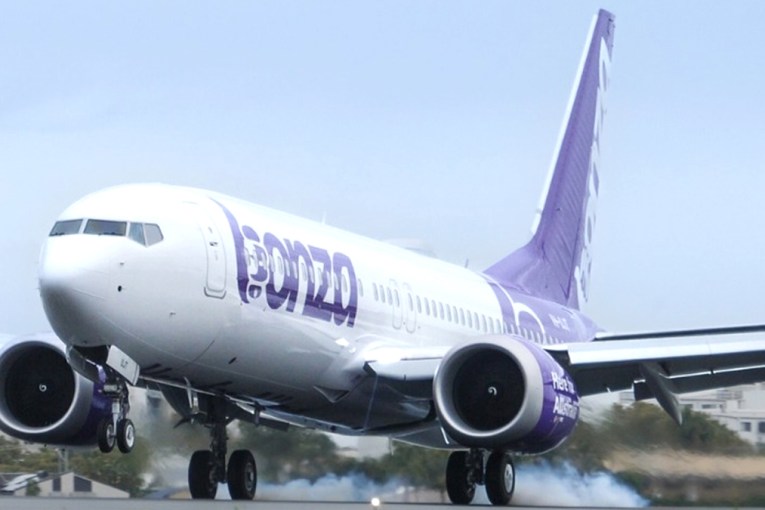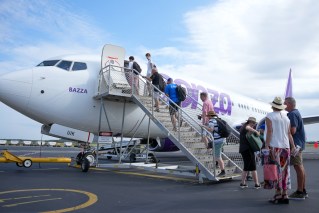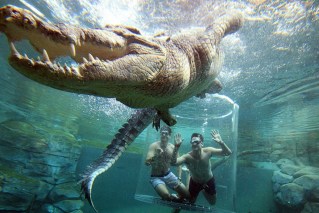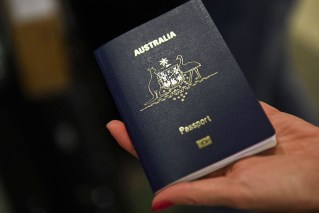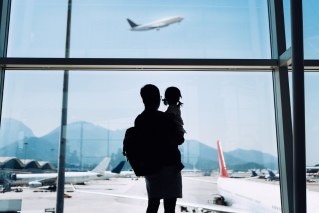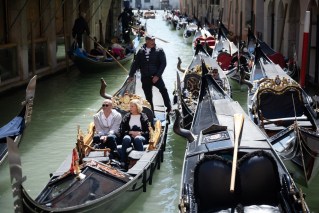Tourists to be charged $150 to visit Kimberley natural sites
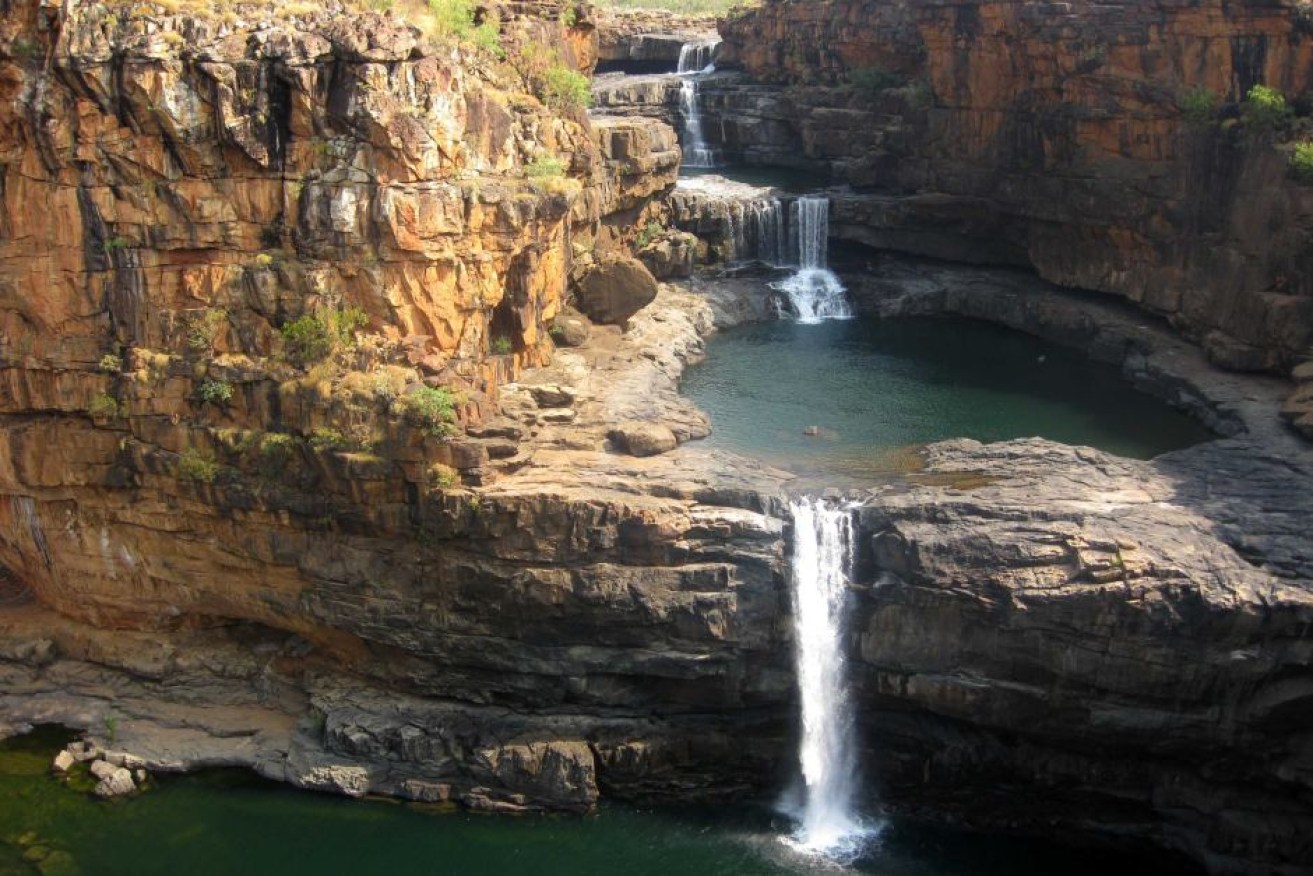
The fee system will affect visitors to the spectacular Mitchell Falls. Photo: AAP
An Aboriginal group in Western Australia’s far north has become the first to start charging cruise ship passengers to visit world-famous coastal spots like waterfalls and rock art caves, sparking concern among tourism groups.
The fee is being phased in by the Wunambal Gaambera Aboriginal Corporation (WGAC), with cruise and charter boat operators facing a one-off $200 fee per berth during the current tourist season – allowing multiple visits by passengers to the tourist spots.
The charge is set to rise to $152 per visitor by 2019. This would be charged on top of existing fees charged by cruise operators to travel to the sites.
The management plan also lists 50 sites that people are welcome to visit, along with others that are off-limits due to their sacred nature.

WAGC chair Catherine Goonack says the fee will support the work of rangers and traditional owners. Photo: ABC
The Wunambal Gaambera people – traditional owners of the land – said the funds would be used to get local people out to remote sites more often, to help greet tourists, to pick up rubbish and to ensure cultural sites are protected.
“If you’re going to another people’s country, you got to pay, that’s the same with us,” WGAC chair Catherine Goonack said.
“It’s mainly to support our [Uunguu] rangers and help the traditional owners go out on country to protect areas … and to welcome tourists too, so they can see the rangers talk about the country and the area they’re in.”
The charter and cruise boat industry has grown in the Kimberley in recent years, with international tourists from across the world paying thousands of dollars to see spectacular coastal sites inaccessible by road.
There is concern among the region’s native title groups about the effects of the growing foot traffic, with evidence of rock art being damaged, images being chipped away and people leaving beer cans on remote beaches.
There is also frustration that the lucrative coastal tourism industry – worth an estimated $15 million a year – is not translating into jobs and income for the legally recognised owners of the land.
Federal Aboriginal Affairs Minister Nigel Scullion said the move to charge visitors was a positive step.
“If it’s Aboriginal land, you need permission to be on Aboriginal land, it’s a simple as that,” Mr Scullion said.
“If cruise companies want to access this fantastic cultural opportunity that their tourists wish to see, then they have to come to some negotiated arrangement.
“I don’t see [how] that’s remarkable in any way.”
Fears over cost, potential for multiple fees
Not everyone is entirely happy with the arrangement.
Kimberley Marine Tourism Association (KMTA) president Chad Avenell said while local cruise companies supported the move in principle, the fee was too high – and it could potentially put small local charter companies out of business.
“The members that I represent generally think that it’s a fantastic idea,” he said.
“We just hope that it comes in at a reasonable rate, so it’s scaled [in a way] that all cruise boats and Kimberley tour operators get their value out of it and can afford to get their payment across.”
There is also concern about the prospect of multiple fee systems being introduced in coming years, requiring companies and travellers to pay as many as six native title groups along the Kimberley coast.

Sign have been erected telling tourists they need a valid permit to enter visitor sites. Photo: Russell Ord/ABC
“Tourism activities, including visitor income from visitor fees, should be an important part of sustained economic participation of Aboriginal people,” WA Aboriginal Affairs Minister Ben Wyatt said in a statement.
“However, the possible implementation of separate systems, on top of the lack of clarity for operators and the potential for excessive pricing, could stymie the growth of this [tourism] industry.
“This could be detrimental to Aboriginal people, the tourism industry and visitors to our state.”
The KMTA said it would prefer people were charged a small, one-off visitor fee – similar to that charged at national parks – that could then be distributed to all native title groups across the coast.
The WAGC also plans to introduce a land-based permit system in coming years, involving fees for people wanting to visit sites like the Mitchell Falls by road.
Wunambal Gaambera said it was keen to coordinate with neighbouring traditional owner groups on a coordinated fee, but would not wait to exercise their native title rights.
“The old people told us to look after the country and that’s what we are trying to do, because these are special places,” Ms Goonack said.
“It’s a beautiful landscape and everybody is welcome to our country.”
-ABC
